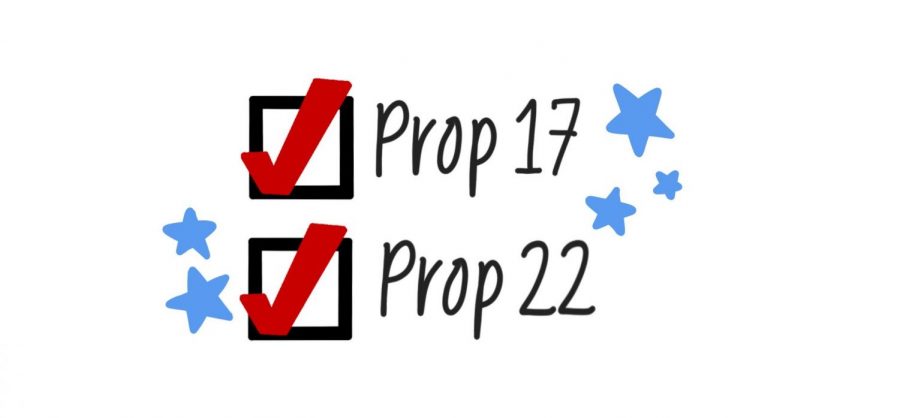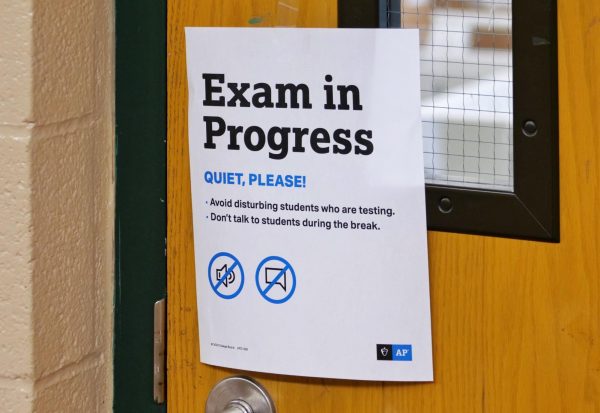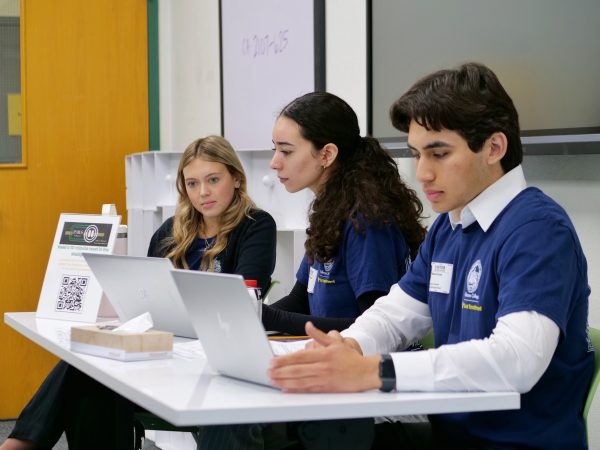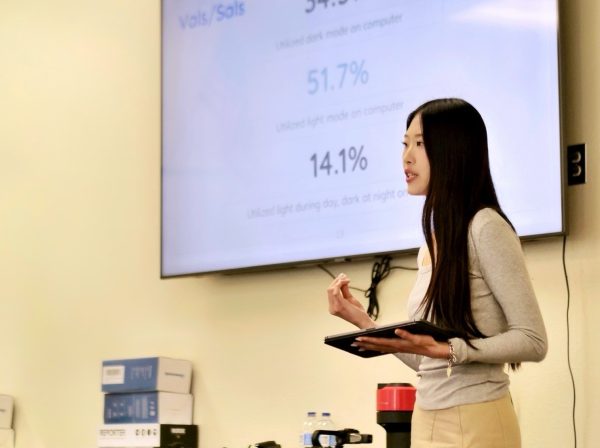Voting Rights, Delivery Driver Props Pass in California
Prop 17 and Prop 22 were two of the five propositions passed in California during the general election on Nov. 3.
What does Proposition 17 mean for Californians?
Californians voted yes on Proposition 17 on Nov. 3, allowing felons on parole to vote in future elections.
The proposition will be added to the California Constitution after 59% of Californians voted “yes,” affecting the 50,000 parolees currently residing in California. The state laws prior to the approval of the proposition prohibited felons from voting until they completed their parole sentences.
Supporters of the proposition believe that restoring their right to vote will help felons during their transition back into society. Proponents of the proposition argued that because felons already participate in other civic duties, such as working and paying taxes, their right to vote should be restored.
Opponents of the proposition believed that felons are too still dangerous on parole because their full sentence hasn’t been completed. According to the Official Voters Information Guide rebuttals, they also believe that restoring felons their right to vote will deny justice to the victims of violence.
Parolees have the right to vote in 18 other states, and with Prop. 17, California will be the 19th state to make this a state constitutional right.
-Melissa Perez
What does Proposition 22 mean for Californians?
Statistics show that 60% of Americans order delivery or takeout once a week according to Upserve. In the 2020 general election, Proposition 22 was passed, allowing app-based drivers of delivery and driving companies like Doordash and Lyft to work as independent contractors.
The proposition passed with a 58% majority of votes.
A “yes” vote for Prop. 22 means that companies such as Instacart and Uber do not have to treat short-term independent contractors as if they were long-term, traditional employees with flexible hourly requirements, particular delivery and ride requests, or restrictions to work for other companies. New safety measures will be implemented including mandatory safety training and frequent background checks to make sure that passengers are ensured of safety.
People who voted against this proposition claimed that Prop. 22 would reduce many advantages such as the removal of basic workplace benefits and lower guaranteed wages. NoOn22 describes that Prop. 22 would not guarantee drivers any paid family leave and limit health care benefits.
The Voter Guide of Southern California explained that “‘eliminating drivers’ ability to work as independent contractors will end the flexibility the vast majority of drivers need.” With many of these drivers needing to care for their children and aging parents, this proposition will allow more freedom to independent contractors.
Former Lyft driver and current Instacart deliverer Tina Slone thanked everyone who voted “yes” on Prop. 22 because it saved her the “flexibility to work” when she wants to and “not be scheduled or limited” on the time required to drive, Slone said.
-Ellen Kim
Your donation supports the student journalists at Brea Olinda High School! The contribution will help us purchase equipment, upgrade technology, and cover our annual website hosting costs.

Ellen Kim, senior, has been a member of the newspaper staff since her freshman year and is excited to lead the staff as Editor-in-Chief. Alongside her...

Senior Melissa Perez is a first year staff writer. She is the captain of the BOHS Color Guard team and has spent the last four years in high school dedicating...

Allie Haluska is a junior and is excited to start her second year on the Wildcat staff. She is on the varsity water polo team and swim and competes in...








